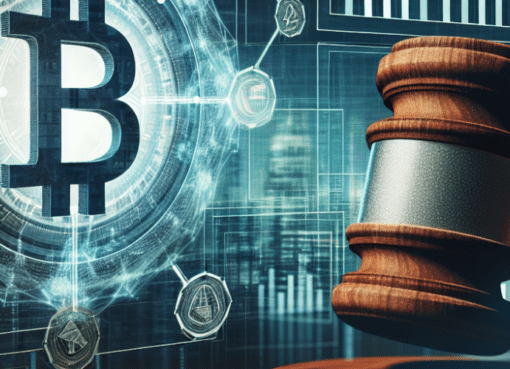In a groundbreaking development, several countries are beginning to adopt blockchain technology to secure and streamline their electoral processes. This shift towards blockchain-enhanced voting systems promises to bolster democracy by reducing the risk of fraud and increasing transparency in elections, marking a significant step in the use of this technology beyond the realms of cryptocurrency and finance.
Blockchain, a decentralized digital ledger technology, is renowned for its robust security features, primarily its ability to maintain a tamper-proof record of transactions. By leveraging these properties, electoral systems around the world can address common vulnerabilities such as unauthorized access and vote manipulation. This innovative approach not only enhances the integrity of the electoral process but also boosts voter turnout by simplifying the voting procedure.
Countries like Estonia have been pioneers in integrating blockchain technology into their voting systems. Since 2005, Estonia has enabled its citizens to cast their votes online via a system that incorporates blockchain to ensure the security and anonymity of voters. The success of Estonia’s e-voting system has inspired numerous other nations to consider blockchain technology as a viable solution to electoral challenges.
Recently, South Korea announced its plans to trial a blockchain-based voting system in its upcoming local elections. This pilot project aims to evaluate the effectiveness of blockchain in safeguarding electoral integrity and, if successful, could lead to a wider implementation in future national elections.
The move towards blockchain-enabled voting systems has garnered the attention of cybersecurity experts, who advocate for the adoption of this technology as a means to defend against cyber threats. According to cybersecurity analyst Dr. Jane Holloway, “The immutable nature of blockchain makes it an ideal tool to secure the voting process. Each vote can be recorded as a separate block on the chain, making it nearly impossible to alter once added.”
Political analysts also emphasize the potential for blockchain to increase voter engagement. The convenience of online voting, combined with the increased trust in the security of the process, may encourage higher participation rates, particularly among younger demographics who are more familiar with digital technologies.
However, the implementation of blockchain in electoral systems is not devoid of challenges. The primary concern is the digital divide; unequal access to technology can skew voter representation. To mitigate this, governments are urged to invest in digital infrastructure and education to ensure that all citizens can benefit from this technological advancement.
Another issue is the technical complexity of blockchain, which can be a barrier for both voters and election officials. In response, several NGOs and tech firms have begun offering workshops and training sessions to educate stakeholders about the workings of blockchain-based voting systems.
The integration of blockchain into voting systems is undoubtedly a landmark development in the field of electoral technology. As more countries explore this innovative approach, the global community watches closely, anticipating the potential for a new era in democratic governance.
As this technology continues to evolve, the implications for electoral integrity and democracy are profound. With blockchain, the future of voting looks secure, transparent, and inclusive, signaling a significant leap forward in the way democratic processes are conducted worldwide.



